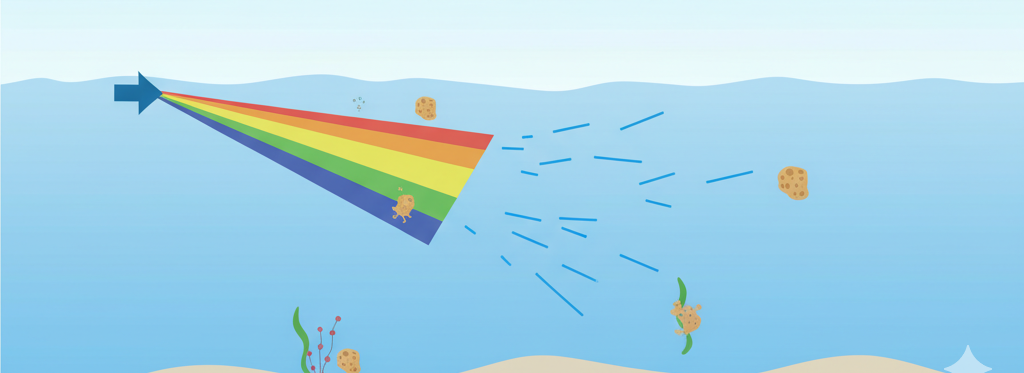
If you’ve ever had a sports drink after a workout, you’ve probably seen the word electrolytes on the label. But what are they exactly? Simply put, electrolytes are minerals that carry an electric charge when dissolved in water. Your body is full of them — common ones include sodium, potassium, calcium, and magnesium — and they play a huge role in keeping your muscles, nerves, and cells working properly.
Think of electrolytes as tiny electrical messengers. Your muscles, including your heart, rely on electrical signals to contract and move. These signals are triggered by the movement of electrolytes in and out of your cells. When you’re low on electrolytes — like after sweating a lot, being dehydrated, or even being sick — those signals don’t fire as smoothly, which can leave you feeling weak, tired, dizzy, or even crampy.
Electrolytes also help balance fluids in your body. They make sure water flows where it’s supposed to go — into cells when they’re thirsty and out when there’s too much. This fluid control keeps your blood pressure stable and helps your body cool off through sweat. That’s why athletes and people working in heat often drink electrolyte-rich fluids — not just to stay hydrated, but to stay energized and functioning.
While most people get plenty of electrolytes from a balanced diet, knowing what they do can help you understand why hydration isn’t just about drinking water — it’s also about replenishing the minerals your body needs to run its internal electrical system. So the next time you reach for a sports drink or eat a banana, remember: you’re helping your body stay charged up.
RELATED POSTS
View all


